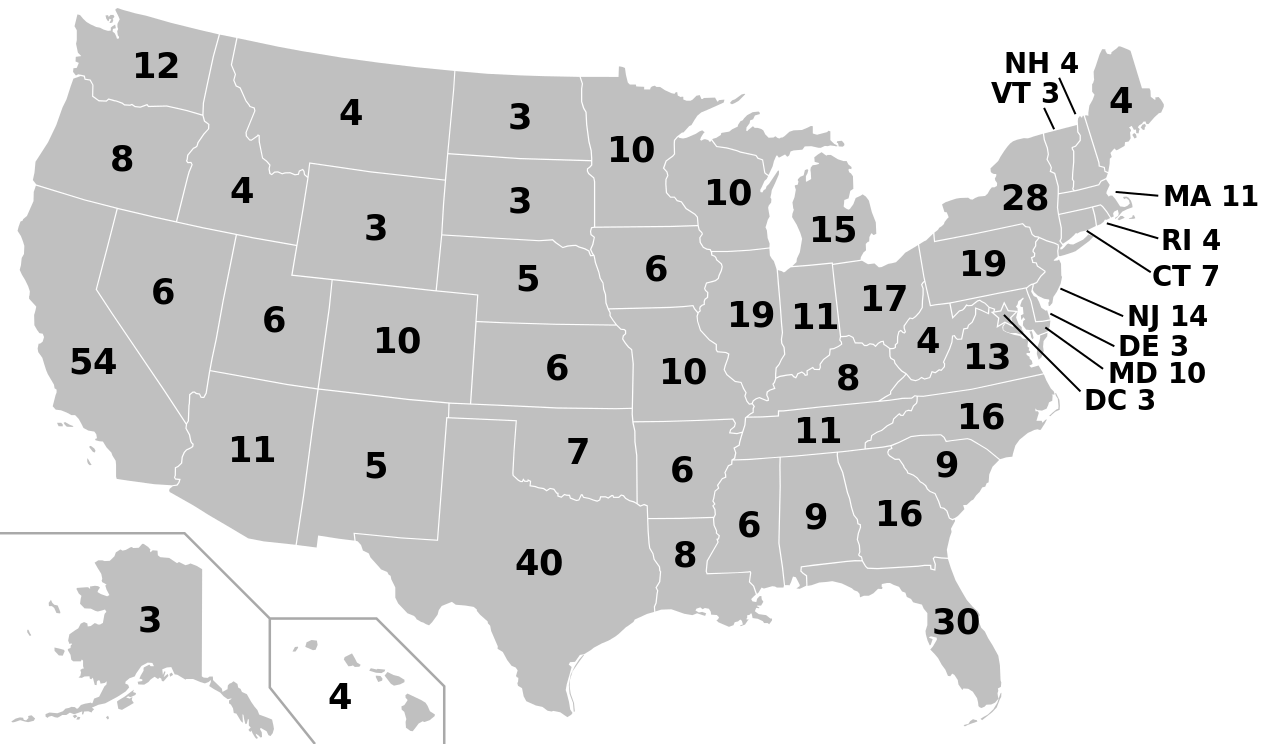Medicare has embarked on a groundbreaking initiative, engaging in negotiations with pharmaceutical companies to curb the exorbitant prices of ten high-cost drugs, including Eliquis and Stelara. The glaring disparities between drug prices in the United States and those in other nations have prompted this move. Senators has fervently advocated for this cause, spotlighting the stark contrasts in drug pricing in a recent report. This report underscores the vast divide in costs, revealing that blockbuster drugs like Eliquis, Stelara, and Keytruda are priced significantly higher in the US compared to countries such as Canada, Japan, the UK, France, and Germany.
The disparities are staggering: Eliquis, manufactured by Bristol Myers Squibb, commands an annual list price of $7,100 in the US, whereas it is priced at $940 in Japan and a mere $900 in Canada. Similarly, Johnson & Johnson’s arthritis medication, Stelara, carries an annual list price of $79,000 in the US, while in Germany, it’s $30,000, and in Canada, $20,000. Merck’s cancer drug, Keytruda, is priced at $191,000 annually in the US, significantly higher than in other countries where it ranges from $44,000 in Japan to $115,000 in the UK.
While other nations often pay substantially less for medications due to government-set pricing, Medicare’s negotiation with drugmakers marks a potential shift in the US approach to drug pricing.
The negotiation process initiated by Medicare does not currently consider prices paid in other countries, but advocates have highlighted the need to address this issue. Former President Trump had previously proposed aligning Medicare drug prices with those of other developed nations, an approach known as “most-favored-nation price.” This would have allowed the US to benefit from negotiated discounts elsewhere.
The impact of these high drug prices extends beyond individual patients, affecting insurance premiums and out-of-pocket costs. Despite concerns raised by pharmaceutical companies about potential chilling effects on research and development, Sanders’ report underscores the immense profits generated by these companies in the US market. It reveals that Johnson & Johnson and Bristol Myers Squibb allocated billions to stock buybacks, dividends, and executive compensation, far outstripping their investments in research and development. Merck, however, prioritized research and development spending, nearly doubling its allocation compared to dividends and executive compensation.
The disparity in drug prices between the US and other nations underscores the need for comprehensive reform in the pharmaceutical industry. Medicare’s negotiations represent a crucial step toward addressing this issue and ensuring equitable access to vital medications for all Americans.








Leave a Reply